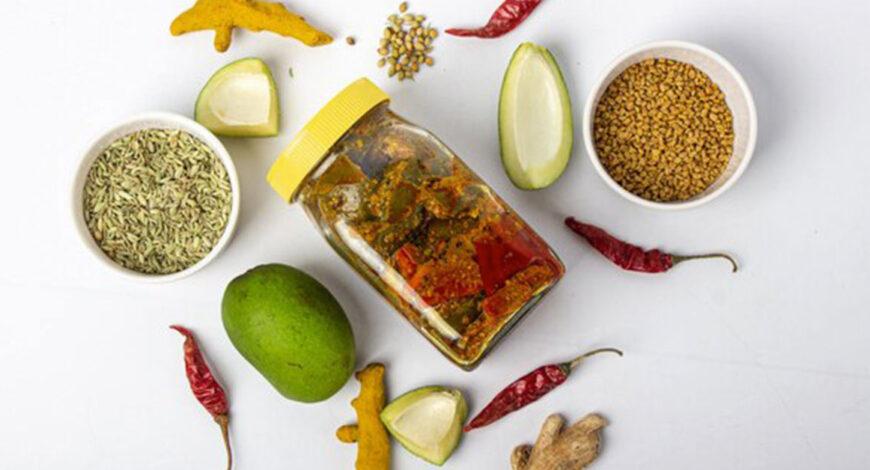When it comes to maintaining a healthy diet, pickles may not be the first thing that comes to mind. However, these tangy and crunchy delights can actually be a valuable addition to your nutrition plan. Packed with flavor and low in calories, pickles offer a range of health benefits that make them a smart choice for those seeking a well-rounded and nutritious eating regimen. In this essay, we will explore the nutritional value of pickles, their potential health benefits, and ways to incorporate them into a healthy diet.
The Nutritional Value of Pickles: Pickles, typically made from cucumbers, are low in calories and fat. They provide a refreshing crunch while being low in energy density, meaning you can enjoy them without worrying about excess calorie intake. Furthermore, pickles are a good source of essential nutrients such as vitamins and minerals. They contain vitamin K, which plays a vital role in blood clotting and bone health, and also provide small amounts of vitamin A and vitamin C.
Health Benefits of Pickles:
- Hydration: Pickles are often made with saltwater brine, which can help replenish electrolytes and promote hydration. This can be particularly beneficial for individuals who engage in physical activity or live in hot climates.
- Probiotics: Fermented pickles, such as kimchi and sauerkraut, undergo a natural fermentation process that encourages the growth of beneficial bacteria. These probiotics contribute to a healthy gut microbiome, aiding in digestion, immune function, and overall gut health.
- Antioxidants: Pickles, especially those made from brightly colored vegetables like bell peppers or beets, contain antioxidants. These compounds help combat oxidative stress in the body, reducing the risk of chronic diseases such as heart disease and certain types of cancer.
Incorporating Pickles into a Healthy Diet:
- Enjoy Them as a Snack: Replace unhealthy snack options with a jar of pickles for a satisfying and low-calorie treat. Opt for low-sodium or homemade pickles to minimize sodium intake.
- Add Crunch to Salads: Chop up pickles and toss them into your salads for an extra burst of flavor and texture. They can be a great replacement for high-calorie salad dressings.
- Pickle Wraps: Swap high-carb wraps with large lettuce leaves and fill them with lean protein, fresh veggies, and pickles for a nutritious and refreshing meal.
- Pickles as Condiments: Use pickles as a flavorful condiment to add zing to sandwiches, burgers, or grilled meats. They provide a tangy kick without the need for high-calorie spreads or sauces.
- Homemade Pickles: Experiment with making your own pickles at home using a variety of vegetables. This allows you to control the ingredients, such as reducing salt content, and tailor the flavors to your liking.
Conclusion: Pickles may not be the first food that comes to mind when thinking about a healthy diet, but their nutritional value and potential health benefits make them worth considering. With their low calorie content, hydration benefits, probiotic properties, and antioxidant content, pickles can be a smart addition to your meal plan. By incorporating pickles into your diet in creative and mindful ways, you can enjoy their tangy goodness while supporting your overall health and wellness. So, next time you reach for a snack, grab a crisp and flavorful pickle and relish in its nutritious goodness.







